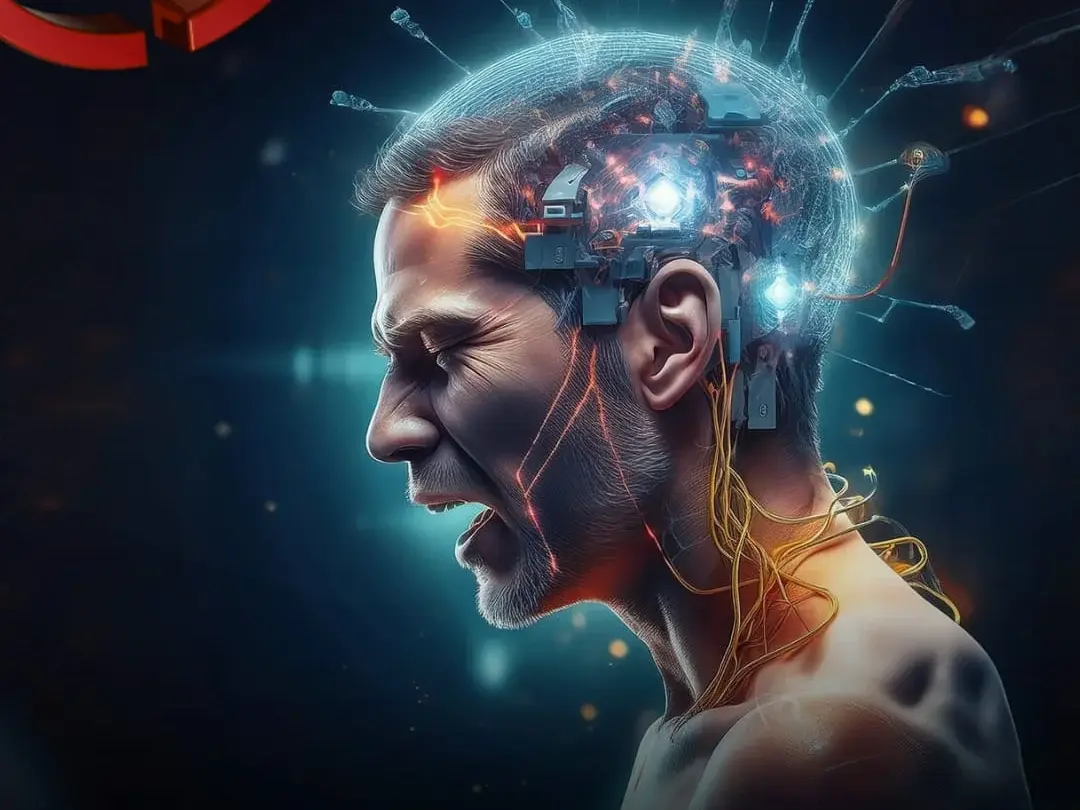A controversial project seeks to transform criminals into empathetic people and confront them with the emotional consequences of their actions. The rehabilitation of criminals is one of society's most complex challenges. Prisons, often overcrowded and with limited resources, struggle to offer effective programs that allow criminals to reintegrate into the community as productive members.
Within this context, molecular biologist Hashem Al-Ghaili presented a bold and controversial proposal: a brain implant that uses artificial intelligence to make criminals relive the suffering they inflicted on their victims.
This innovative concept, called Cognify, seeks to transform the way society approaches crime and the reintegration of criminals.
This proposal, which moves away from traditional prison sentences, aims not only to punish, but also to transform convicts into empathetic people, and confront them with the emotional consequences of their actions.
Cognify is based on a device implanted in the criminal's brain that inserts false memories. These memories are designed to make the offender experience the pain and suffering they caused their victims, and allow them to see the impact of their actions from a completely new perspective.
Al-Ghaili argues that this experience could lead to a profound transformation in the criminal's mindset by promoting empathy and understanding towards those they harmed. The idea is that by experiencing the suffering of others, offenders become allies of the victims, and develop a sense of responsibility and compassion.
So, instead of spending years in a prison cell, they could finish their sentence in just a few minutes. For its creator, the Cognify concept offers a new approach to criminal rehabilitation, and transforms the way society deals with offenders by focusing on rehabilitation rather than punishment.
However, Al-Ghaili's proposal is not without controversy. The idea of manipulating a person's memories and experiences raises important ethical questions. Is it morally acceptable to make someone relive the pain they caused? What implications would this have for the autonomy and dignity of the individual? These are just some of the questions that arise from this innovative, but controversial, proposal.
Perhaps the greatest danger of Cognify is the potential for abuse of this technology. In the wrong hands, the ability to implant memories and alter the mind could be used for social control, political oppression, and other sinister purposes. And this would require strict regulation and oversight.
Furthermore, it is critical that clear protocols on informed consent are established by ensuring that offenders fully understand the implications of undergoing this type of treatment.
Neurorights and Human Rights
The concept of “neurorights” is a critical area of discussion in the context of Cognify. These rights seek to protect the mental and emotional integrity of individuals in the face of technologies that can alter their cognition. The possibility of memories being manipulated raises questions about identity and personal autonomy, suggesting that laws protecting these rights should be established in a future where neurotechnology is more integrated into everyday life.

 IHRO NEWS
IHRO NEWS

